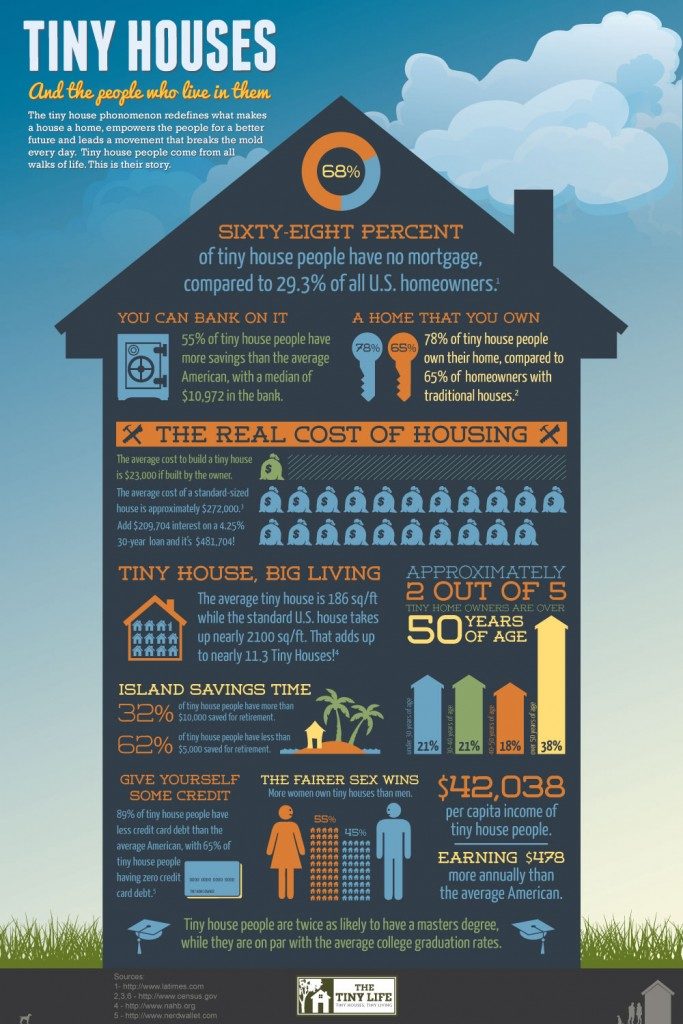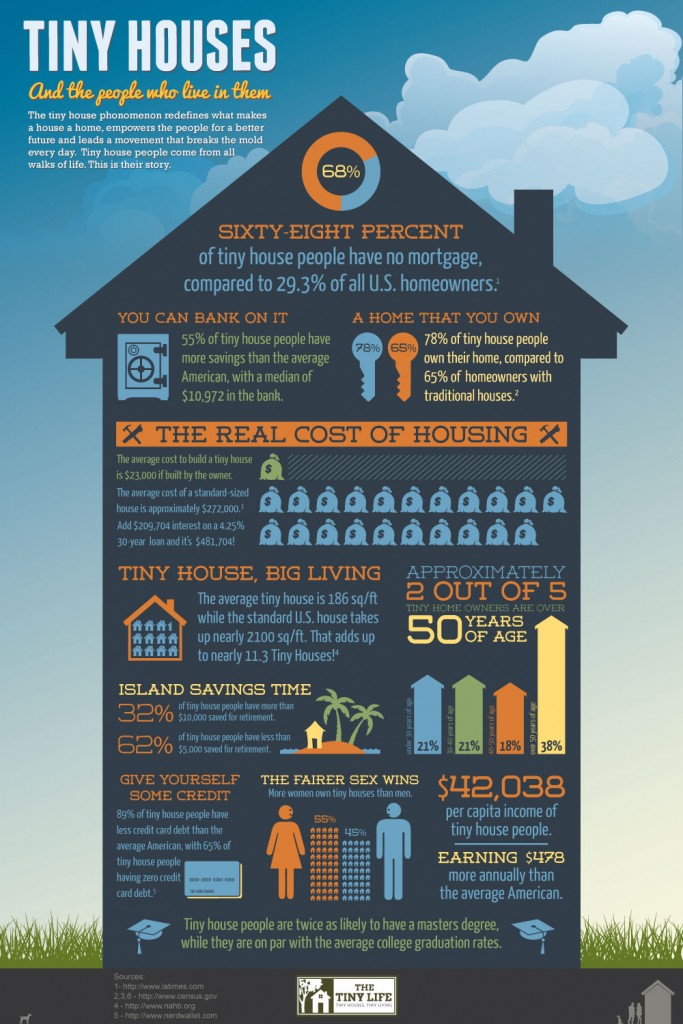In the midst of the more than 500 luxury condominium units that are currently in development throughout downtown, ranging from 300,000 to 4.5 million dollars, the conversation about affordable housing wages on. Adding in the over 500 apartments in development at CitySide in the Rosemary District, and other proposed plans for housing in the urban core of Sarasota, it’s estimated that the downtown area could see a spike in downtown housing by as much as 1500 units. Nevertheless, not many of them can be considered affordable for the 65% of the workforce with service and labor jobs, or young and creative professionals.
Harvey Vengroff’s answer has been to ask for a zoning change to an 8 acre parcel he owns at 2211 Fruitville Road to ask for 50 units per acre instead of the 25 it is currently zoned for. However, Mr. Vengroff has also offered an 8 acre parcel near North Watertower Park for the development of tiny houses should the zoning laws and codes be amended to allow for this creative, low cost approach to affordable housing.
The general rule is that “affordable” housing should require no more than 1/3 of your income. According to a recent report by Greg Shinn, currently, more than 50% of Sarasota residents spend more than 1/3 of their income on housing. Residents of the proposed VW Village on Mr. Vengroff’s Fruitville property would require an annual income of 23,400$ a year (11.25$ an hour with a constant 40 hour week and no vacation) for an efficiency, or an annual household income of 34,200$ (16.44$ per hour for one breadwinner) for a 3-bedroom apartment. With a 36,000$ salary, you could also afford a 572 square foot efficiency at the new CitySide Apartments in the Rosemary District.
Largely due to our reliance upon real estate and building as two of our key industries, Sarasota has an unhealthy history of inflating the sizes of the homes we build to inflate the value of the real estate. This has resulted in a series of bursted bubbles, economic stress, and a large percentage of the population paying more than they should for space they don’t need. Although real estate does contribute to the local economy, seeing it only as a profit-making venture by appealing to retirees, without considering the rest of the population, who still have years to live and who appreciate more meager lifestyles, the industry is not sustainable, and does not provide a balanced economy.
By realizing real estate as more than a commodity and building to meet the needs of people instead of merely making a profit, we can invest our collective properties to invest in new industries of creativity, service, and digital marketing. Should Sarasota government officials have the foresight to expand our current codes to allow for the creativity this region is known for and the versatility to cultivate new innovations, the tiny house movement has the potential to greatly improve the quality of life for a great portion of the Sarasota community.
Because the opportunities in tiny house development have such great range, from building kits to open source architecture, and because they can so easily be transported after construction, if Sarasota will allow for their production, the tiny house movement has the potential to infuse our building industry with new economic possibilities, thereby allowing lower income citizens to invest more time and energy into expanding upon a number of new entrepreneurial endeavors.
Would you support tiny houses in Sarasota?




Yes I would I would love to have one before I die I have a moble home it’s paid for but now I pay 690.23 a month just for the lot Im on s.s. and single it take all my ckeck just for living and very little for food I depend on hand outs to make it. So sad I have been wathing these show for almost a year and it would be a blessing that I wouldn’t have to leave my loved one I have emphysia. Can’t leave family. Sarasota get with it]]]i